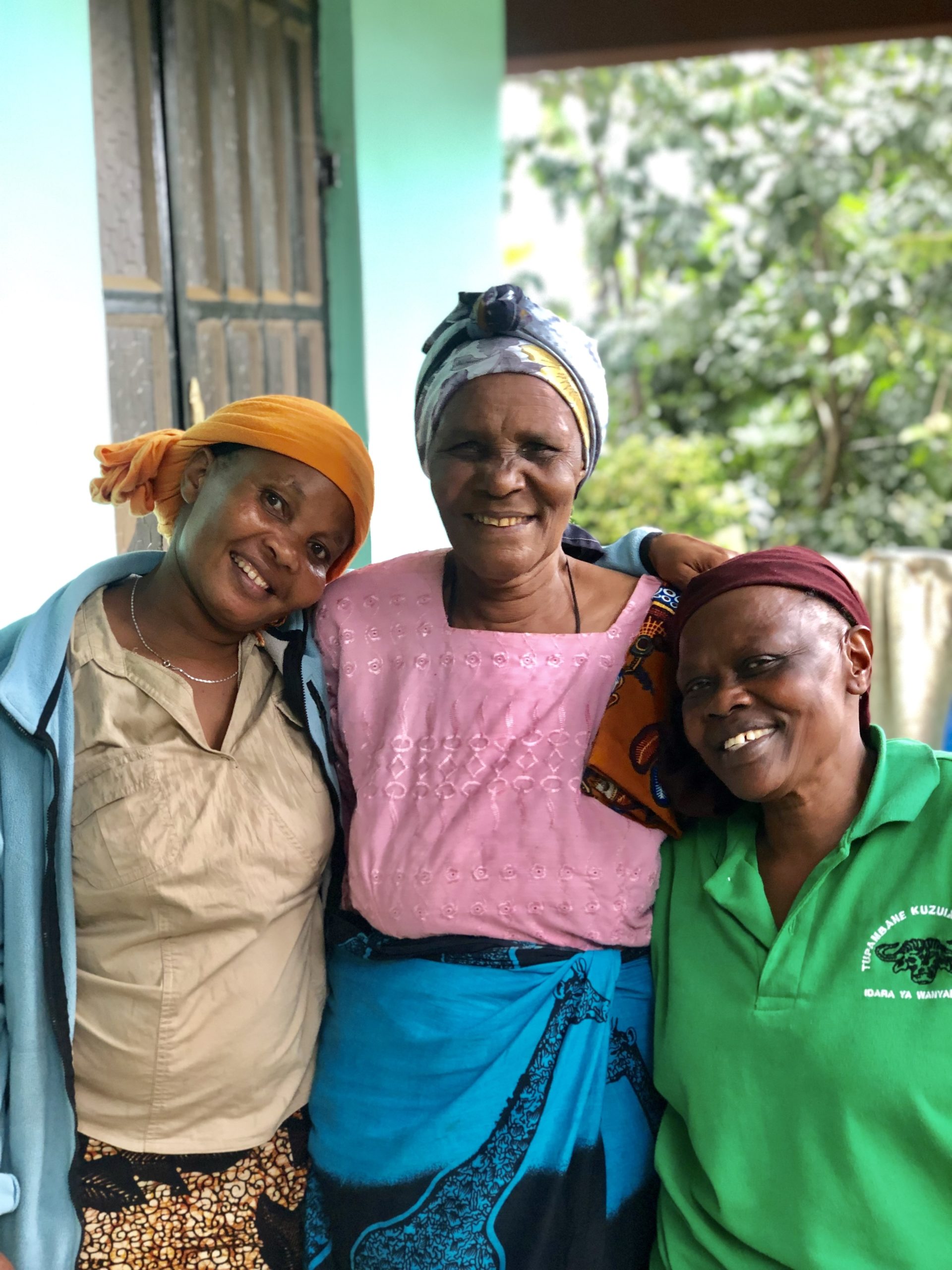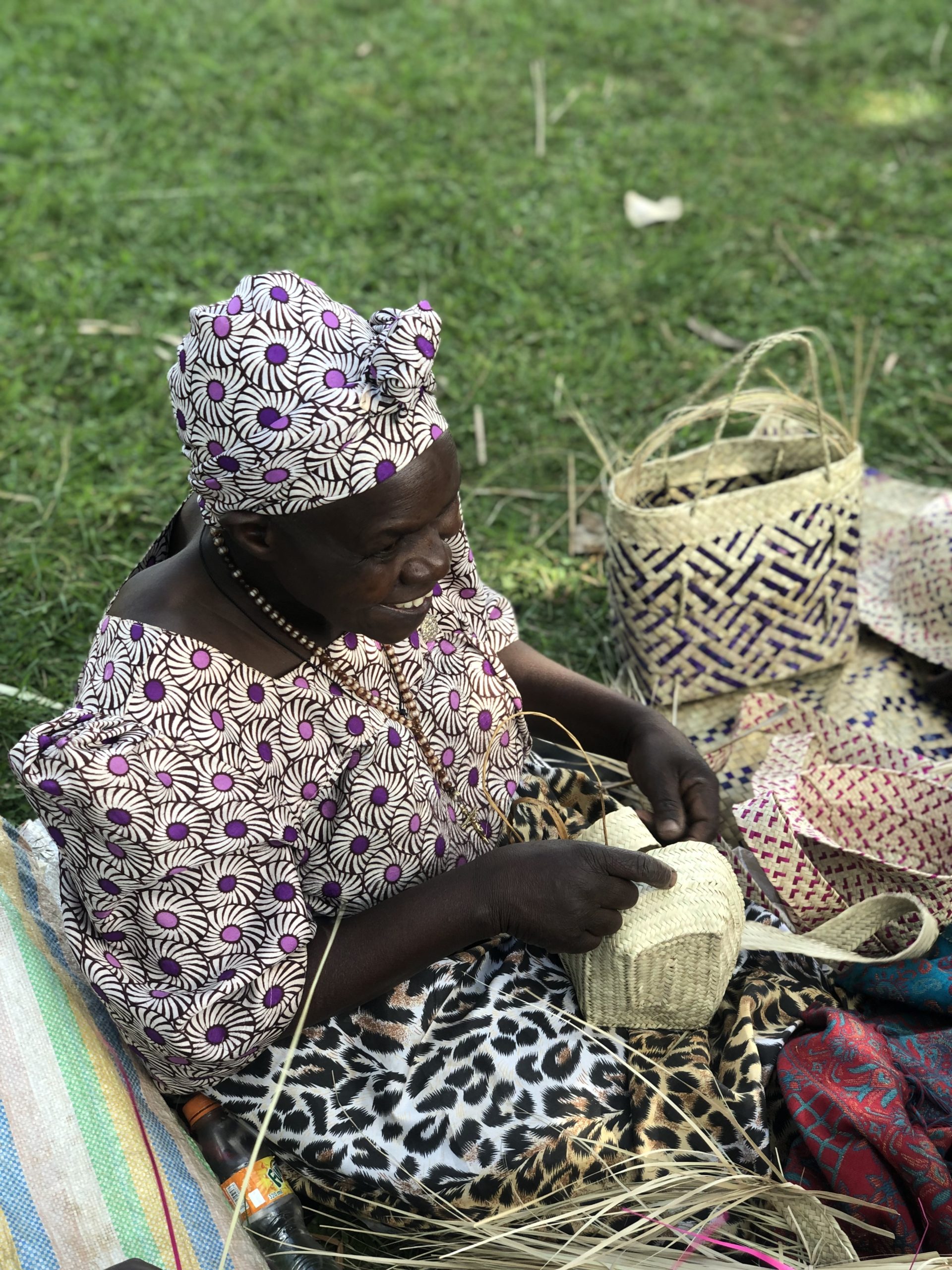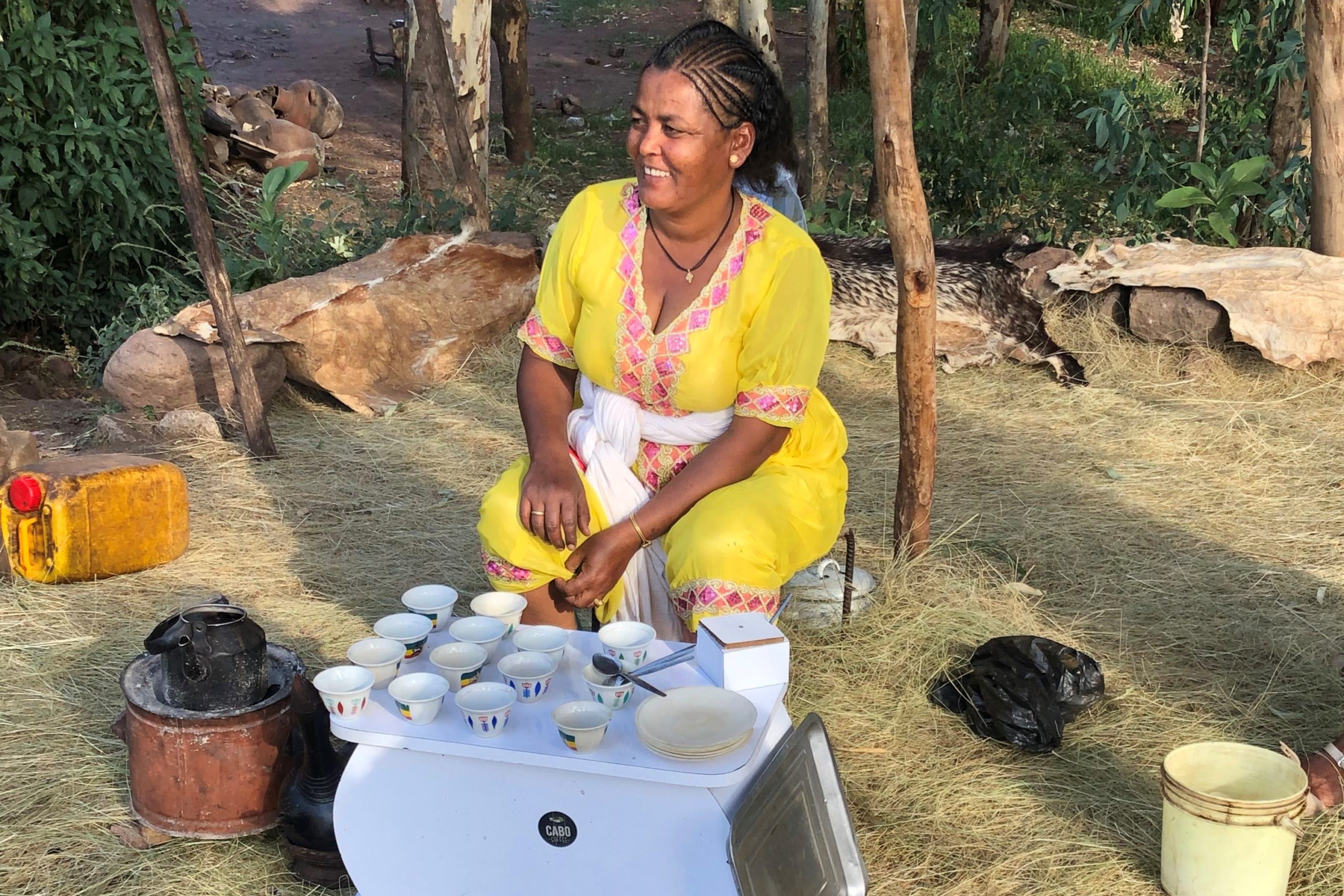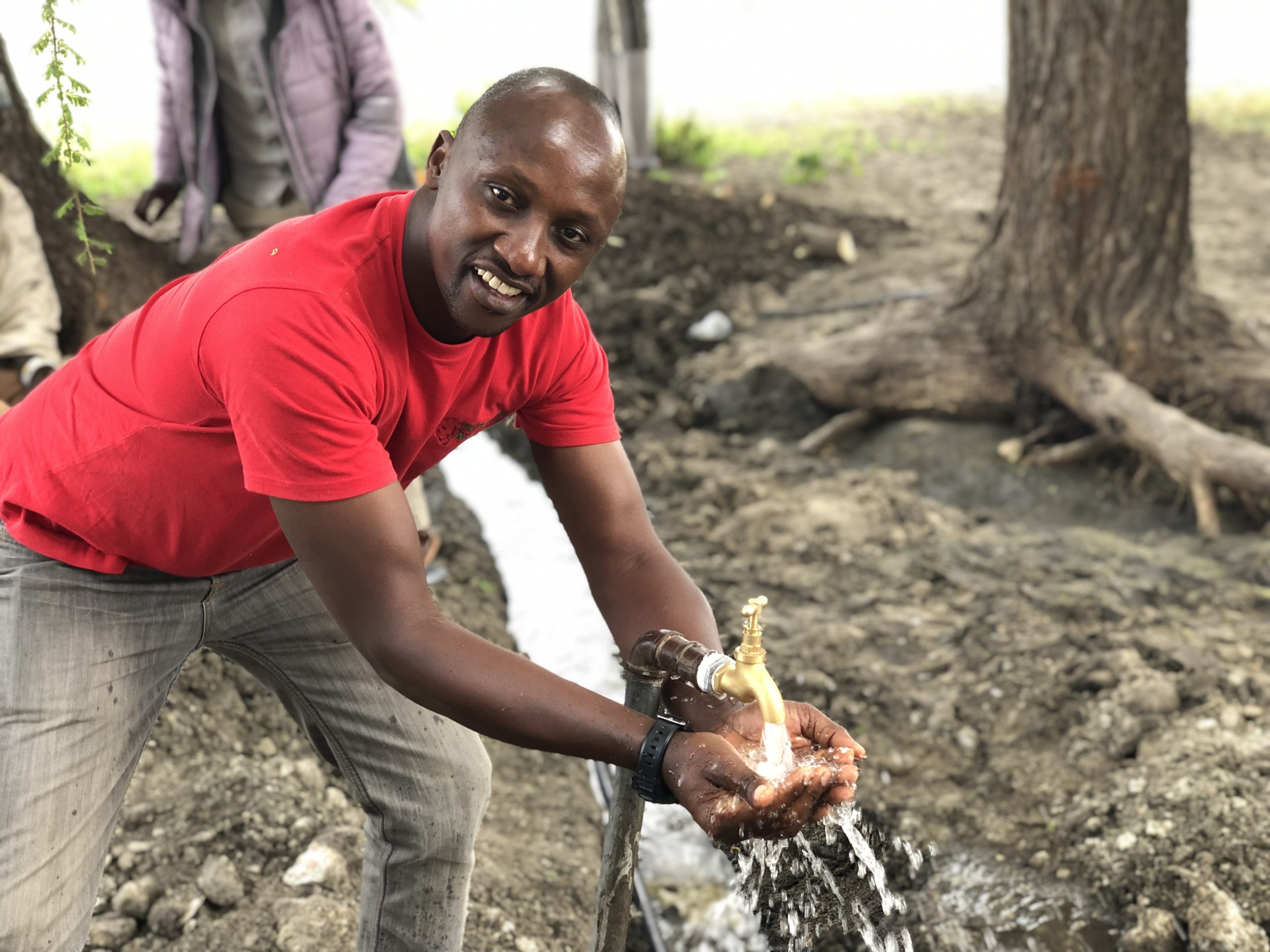Many readers may be aware of corporate social responsibility (CSR) as a term used in business that elevates the purpose of the organization. Rather than a business’ sole goal of producing a profit, corporations with a CSR component look to the communities around them to understand how they can make an impact. This assistance comes in many different forms, such as grants, scholarships, healthy living programs, and basic needs assistance.
Typically, CSR goals are meant to positively impact communities that are within the supply chain of the corporations. These communities are either potential customers of the business, or part of the manufacturing or production line. For example, retailers may support communities where their factories for clothing production are located. Or, broadband providers may support communities where their corporate office is located. The goal is to promote these communities while also raising the brand awareness and encouraging potential or existing customers to see these corporations in a more positive light. Individuals working for CSR initiatives must therefore manage this tricky balance by asking “who really benefits?”

Some organizations, built primarily with social benefits in mind, prefer to use the term social good to project their motivations. These organizations operate so that they can drive profits to social causes such as food security, access to water, climate change, health and human services, or any other larger-scale issue that positively impacts the target community as a whole.
When it comes to travel and tourism, social good impacts can be immense if profits are channeled appropriately. If only a slice of the nearly $9 trillion industry—about 10% of the global GDP in 2019—shifted towards social benefits, then organizations and communities could work together to solve some of our greatest issues. Ending world hunger, for example, is projected to cost $330 billion over the next 10 years (about 3.4% of the total travel and tourism contribution to global GDP), according to Ceres2030. Further, the World Resources Institute states that securing water access for the world’s population would cost about 1% of the global GDP each year for 15 years. These are not small figures or challenges to remedy, but travel and tourism organizations working toward these larger issues can make a difference.
Though we are in the throes of COVID-19, think back to the last time you took a trip with a travel company. Did you book your tour package just because of the price or offerings? Or was there a social good component to your tour package? Would you feel better if you knew part of your tour package cost was contributing to ending human trafficking or promoting micro-entrepreneurs within the destination?
Many travel companies have been founded explicitly to impact social issues. Justice Travel builds tour packages designed to bridge the gap between human rights issues and tourism. Operation Groundswell brings backpackers to understand gender and religion issues in a variety of destinations. Lokal Travel works exclusively with locally-owned and -operated experiences to build their packages for travelers. In the nonprofit space, the Center for Responsible Travel “aims to minimize tourism’s negative impacts on the environment and maximize the positive contributions tourism can make to local communities.” Though operating in different countries, the missions of these organizations are composed out of their drive to promote social benefits through travel.

Five percent of the package costs of Off Season Adventures tours are administered by the nonprofit Second Look Worldwide. The goal of this collaboration is to ensure that the benefits of tourism are realized within destinations. This nonprofit focuses on infrastructure improvements and grants for communities around tourism destinations. To date, they have sponsored a solar panel water pump system to which thousands of Tanzanians have access, and given a grant to begin hand soap and face mask production for Ugandans impacted by the lack of tourism during COVID-19.
These are just two of many examples that have ripple effects that far extend the single project or grant. There are countless health benefits and social good outcomes from having clean water and soap, especially in places in the developing world. Imagine if all travel organizations around the world realized that they have a responsibility to support communities within destinations. What a better world we could create!

Once tourism begins again after the pandemic, there will be a rush to travel internationally to all of the wonderful destinations you’ve been dreaming about since March 2012. When you book your next trip, try to ask the question, “Who is going to benefit from my trip?” You have the power to choose where your money goes and how it is spent. By finding travel companies working toward social good initiatives, not only will you feel great about your choice, but communities within the destination will benefit, too.
Keep up with all of Green Living’s original content online and on social media.







